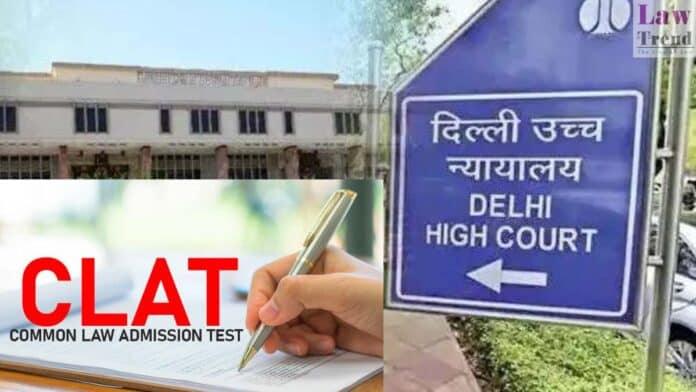The Delhi High Court on Wednesday questioned its role in intervening in the conduct of exams like the Common Law Admission Test (CLAT), especially when errors are reported in the answer keys. Justice Jyoti Singh highlighted the delicate balance between a judicial ‘hands-off’ approach and necessary intervention during a session concerning a petition filed by a 17-year-old law aspirant.
The petitioner has challenged the accuracy of the final answer key for CLAT 2025 (UG), released by the National Law University (NLU) Consortium, which oversees admissions to undergraduate law courses at NLUs across India. According to the petitioner, errors in the answer key could impact the fairness of the admissions process.
The NLU Consortium has defended the answer key, stating that it was reviewed by three expert committees, who found no merit in objections raised against it. The Consortium’s counsel argued that the court should not replace the academic judgment of these experts with its own.
However, the court recognized that there have been precedents set by the Supreme Court allowing for judicial intervention under specific circumstances. “While courts generally do not interfere with academic evaluations, they must act when the errors in question are clear and could lead to injustice,” Justice Singh remarked.
During the proceedings, Justice Singh revealed she had personally reviewed the contested questions and discovered clear errors. For instance, a question listed ‘data inadequate’ as the correct response, while she determined the correct answer should have been ‘Sohan’ or, failing that, ‘none of the above.’
The NLU Consortium’s counsel cautioned that judicial intervention might disrupt the entire admission process for NLUs, affecting candidates nationwide. He emphasized that the petitioner had not missed the cut-off for NLU admissions but was possibly seeking to improve their ranking.




